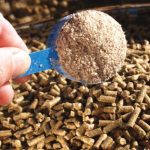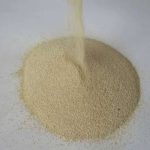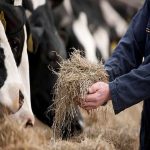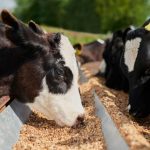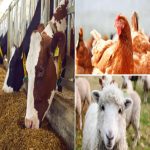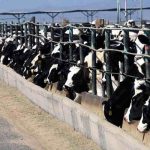Sustainability is an increasing priority for farmers around the world. As consumer demand for sustainable practices grows, more producers are turning to yeast culture as a way to improve farm productivity while reducing environmental impact. Yeast culture in animal feed plays a key role in making farming practices more sustainable and efficient.
Yeast culture for livestock improves feed conversion, meaning animals can extract more nutrients from their food, leading to better growth rates with less feed. This reduces the amount of feed required per animal, which ultimately reduces the farm’s environmental footprint.
For breeding poultry, yeast culture for poultry feed can lead to healthier birds, improved egg production, and better overall flock performance. By improving gut health and nutrient absorption, yeast culture helps poultry farmers reduce reliance on antibiotics, promoting a more natural and sustainable approach to poultry farming.
Additionally, yeast culture for breeding pigs helps reduce the environmental impact of pork production by improving feed utilization and reducing waste. More efficient feed conversion means less feed is wasted, making the operation more resource-efficient.
Incorporating yeast culture products into animal feed programs is an effective way to promote sustainability on the farm, making it a valuable tool for farmers looking to meet the growing demand for environmentally friendly products.
 Animal Feed Yeast-Yeast culture manufacturers
Animal Feed Yeast-Yeast culture manufacturers
